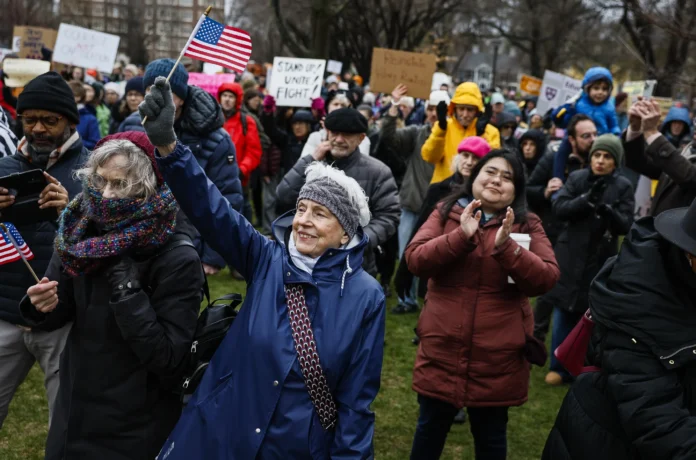As an example, there is Harvard, the oldest and wealthiest university in the country, whose name is almost a byword for excellence in the eyes of the public. But there’s also the Trump administration, which is hell-bent on changing American universities more than any previous government.
American institutions are popular among international students and academics because of their reputation for academic freedom, but now both sides are preparing for a showdown that might put those values to the test.
By demanding drastic measures to curb campus activism, Harvard University made history on Monday, publicly rejecting the Trump administration. The Ivy League institution portrays the government’s demands as an affront to its own existence and the independence that American colleges have enjoyed for so long, thanks to the Supreme Court’s ruling.
The university’s legal team notified the federal government on Monday that its client would not give up its autonomy or constitutional protections. “The government simply cannot seize control of private universities like Harvard.”
Harvard has had nearly $2.2 billion in grants and $60 million in contracts frozen by the federal government. The Trump administration has now frozen funding at one of the most prestigious universities in the country for the eighth time in an effort to get the institution to follow its political agenda. Out of the seven, six are Ivy League institutions.
With the biggest endowment in the country—$53 billion—Harvard University is in the best position to compete. However, Harvard, like other prominent colleges, relies on federal funds to support its research in science and medicine. Without the blocked funds, Harvard’s future is uncertain.
Other schools seem to be feeling encouraged by Harvard’s rejection.
The interim president of Columbia University adopted a more rebellious stance in a school speech on Monday, stating that certain of the requests made by the Trump administration “are not subject to negotiation,” after originally consenting to many demands.
Claire Shipman stated that she was “greatly interested” in reading about Harvard’s rejection.
“Harvard is plainly an incredibly influential institution. According to David Pozen, a law professor at Columbia University who claimed that the government’s requests are illegal, the decision might inspire other colleges to take a stand together.
The matter may be resolved in federal court in the end. Many in the academic community anticipate that Harvard will join a faculty group that has challenged the requests in court.
Harvard cited the school’s First Amendment and other civil rights violations as justification for its rejection letter.
According to Republicans, institutions like Harvard have become breeding grounds for antisemitism and liberalism, making them an easy target for the Trump administration’s efforts to impose reform.
